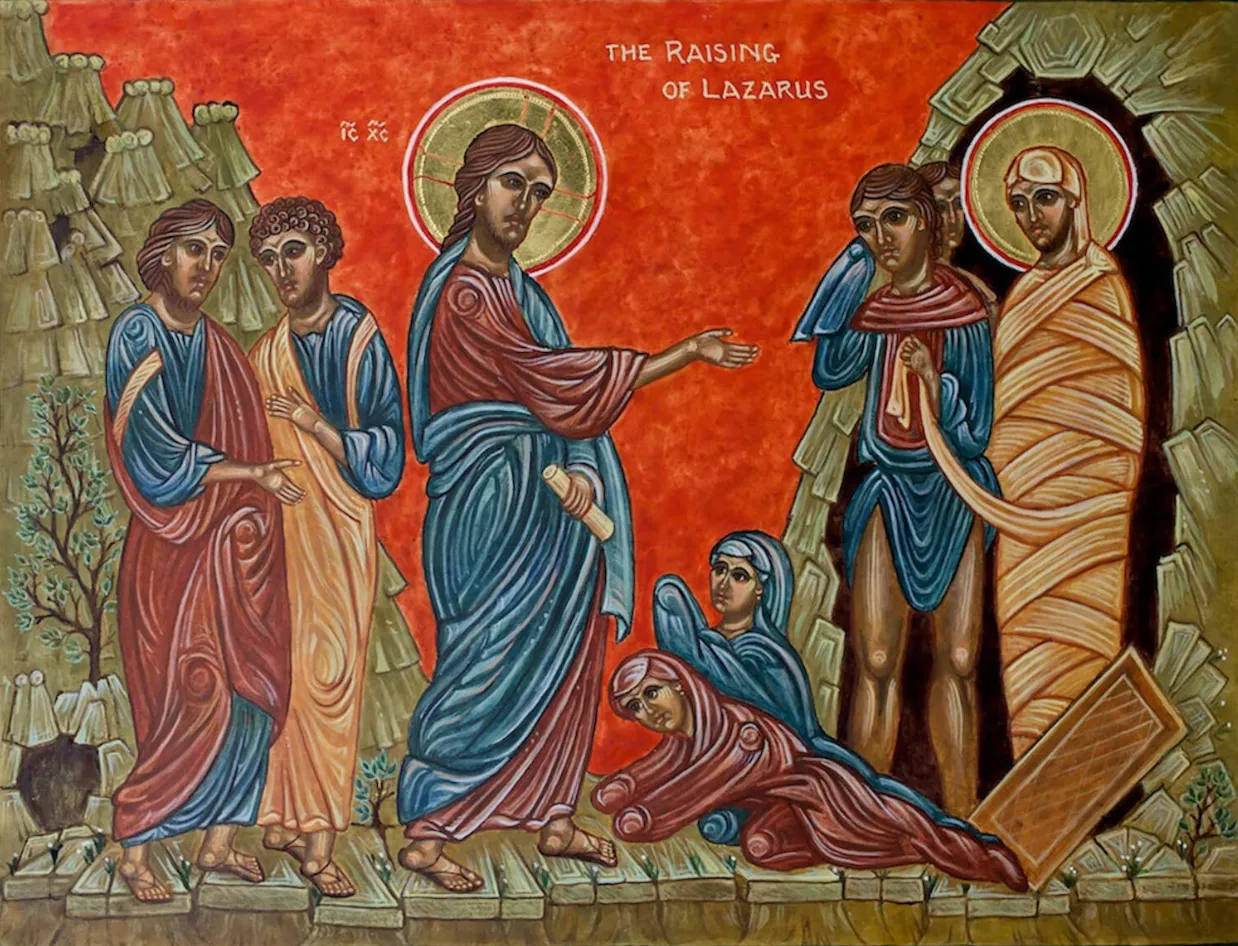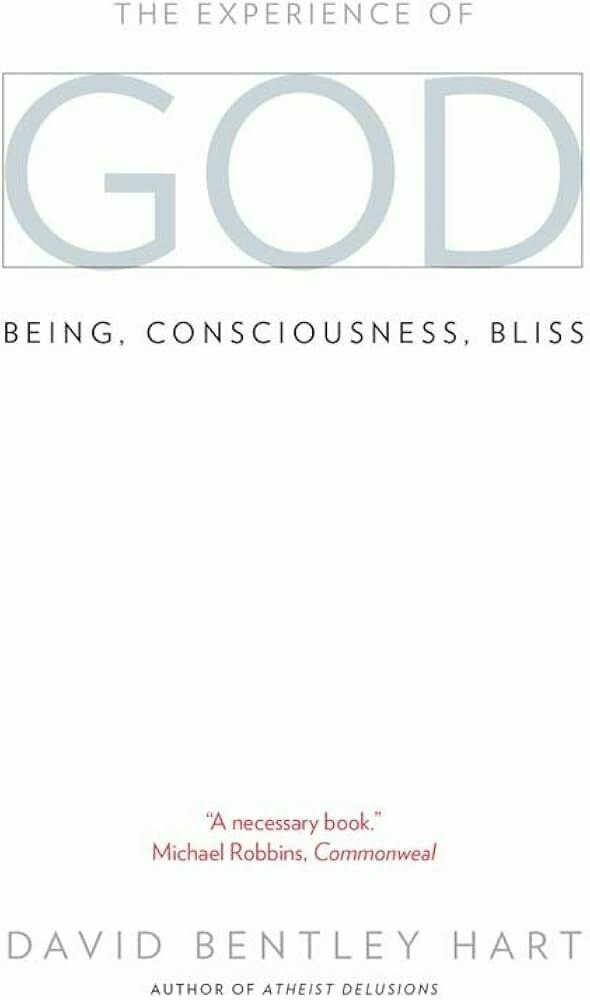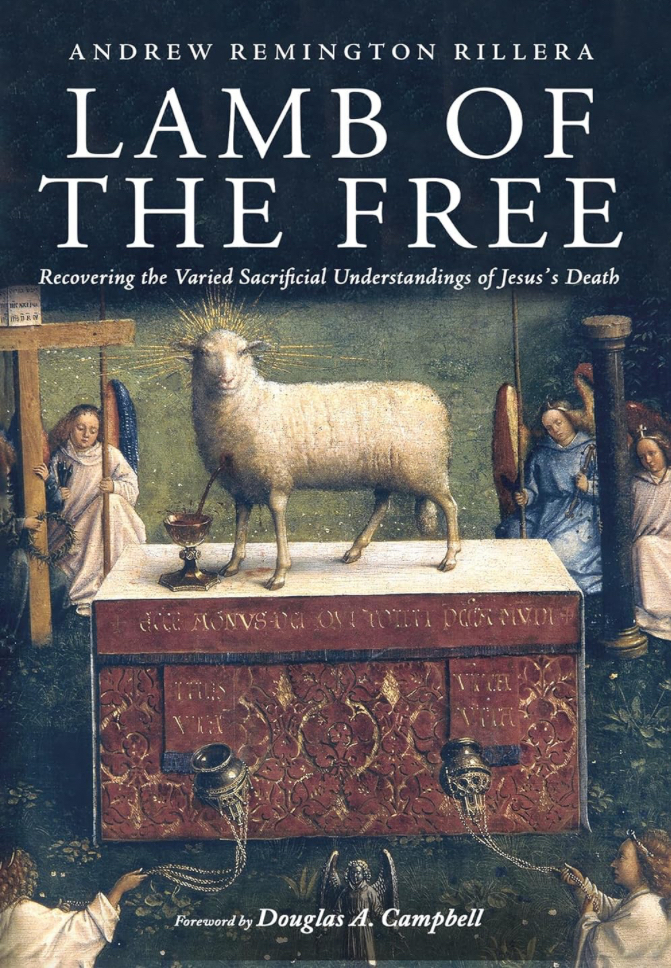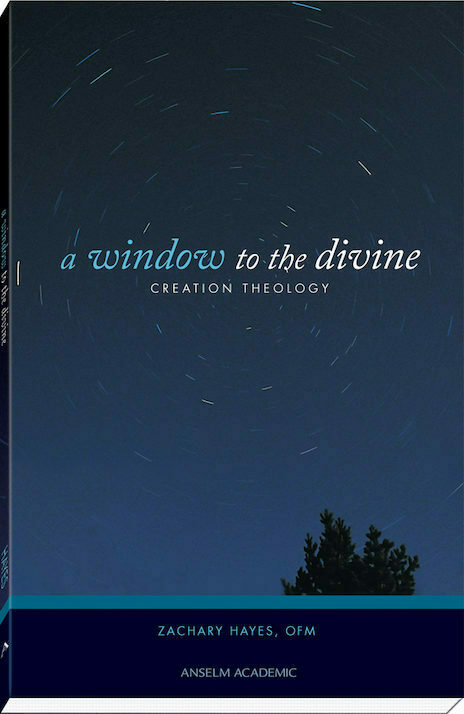Category: theology
You are viewing all posts from this category, beginning with the most recent.
"Leave it to good old Jesus and the rest of His family..."
Chris Green writes about the communion of the saints and Jesus not just loving us but liking us. It’s all wonderful stuff and worth a read, but his last quote, from the late Russian human rights activist Alexei Navalny, is timely and worth quoting in full:
You lie in your bunk looking up at the one above and ask yourself whether you are a Christian in your heart of hearts. It is not essential for you to believe some old guys in the desert once lived to be eight hundred years old, or that the sea was literally parted in front of someone. But are you a disciple of the religion whose founder sacrificed himself for others, paying the price for their sins? Do you believe in the immortality of the soul and the rest of that cool stuff? If you can honestly answer yes, what is there left for you to worry about? Why, under your breath, would you mumble a hundred times something you read from a hefty tome you keep in your bedside table? Don’t worry about the morrow, because the morrow is perfectly capable of taking care of itself. My job is to seek the Kingdom of God and His righteousness, and leave it to good old Jesus and the rest of his family to deal with everything else. They won’t let me down and will sort out all my headaches. As they say in prison here: they will take my punches for me.
Amen.

Recommended podcast: Chris E. W. Green's Speakeasy Theology
Lately I’ve really been enjoying Bishop Chris E. W. Green’s podcast called Speakeasy Theology. Green is a bishop in the Communion of Evangelical Episcopal Churches and Professor of Public Theology at Southeastern University in Lakeland, FL. Green’s background is Pentecostal, but his move into the CEEC has put him in an interesting place where he is deeply invested in the Episcopal tradition while still embracing a strong Spirit-filled embodiment of faith.

His podcast isn’t particularly fancy or polished. It does have theme music, but generally consists of Green in conversation with one or two others, delving into some aspect of theology and/or practice. I particularly appreciate his humble approach to these conversations. While many podcast hosts and theologians would work to make their own points and push their own agenda, he is very willing to just ask questions and let his guests provoke the conversation in the direction they want to go.
A couple recent episodes that stuck out to me: first, God Is More Exciting Than Anything with Dr. Jane Williams. Dr. Williams talks about loving theology, loving prayer, loving God, and serving the church. Green doesn’t do extensive introductions of his guests on the podcast, so as I listened all I gathered at the beginning is that Dr. Williams is a British professor of theology. As the discussion went on, Green asked some questions about advice on the life of a Bishop, and the impact on the Bishop’s family, and what a Bishop should prioritize, and as he listened to her advice with great esteem, I thought wait, I need to connect some dots here. So I Googled Dr. Jane Williams, and found that in addition to being a professor of theology, she’s been married for more than 40 years to Rowan Williams, the former Archbishop of Canterbury. (Lightbulb!) What stuck out to me about this interview, beside the wonderful conversation and counsel from Dr. Williams, was that she was presented (deservedly) entirely on her own authority and merit, with no reference to her husband. This felt like a beautiful and, sadly, remarkable display of respect by Dr. Green.
The second episode I want to recommend is titled The Difference is Doxological, Green’s conversation with Richard Beck. Beck is a professor of experimental psychology at Abilene Christian University and a long-time blogger. (I’ve read Beck for a long time and blogged about his thoughts frequently enough he has his own tag on my blog.) Beck’s specialty is the intersection between psychology and theology, and his discussion with Green is a wonderful hour wrestling with how we think about the acknowledged work of God in people’s lives vs. the work that God does through the common grace of psychological practice. Beck also talks about his own faith journey of deconstruction and rebuilding, giving his long-time readers like Green and me some good background for his blogging.
I’ve recommended Chris Green’s books here before, and I’m happy to recommend the podcast, too. It’s worth a listen.
You can become more holy by becoming more merciful
Fr. Matt Tebbe is one of my favorite writers at the moment. A former evangelical turned Episcopal priest, Matt has a keen eye for the systems at work in our world and a voice for calling them out clearly. The other day he turned his thoughts to God’s mercy:
You can approach God’s holiness in your sin because God’s holiness moves towards you first. Any suggestion that God can’t look upon you or is far from you or doesn’t want to be with you in your sin: what do we see in Christ?
In him the fullness of God was pleased to dwell. And Christ moves toward- not away- from sinners.
You can become more holy by becoming more merciful: with yourself and others.
In my previous evangelical life, it was always the other direction that was emphasized: God, in his (always his) holiness, is offended by you and your miserable, sinful, inept little self. When Jesus touched a sick person, they said, that sick person must’ve been miraculously healed an instant before Jesus hand actually reached them, because Jesus could never have broken the law by touching a sick person. (Such mental gymnastics!) Then I read Richard Beck say that Jesus was so full of life and health that of course he touched the sick person because Jesus’ life and health overwhelmed and pushed that sickness right out of them.
What a blessing to finally see God’s love and mercy and goodness in a restorative and healing way! And thanks Matt for reminding us of it.

David Bentley Hart’s “The Experience of God”
With some of my recent reading getting my mental wheels turning about the nature of who God is, I figured it was a reasonable time to pull The Experience of God off my shelf. Right off the bat in the introduction, Hart promises what I was hoping for: “My intention is simply to offer a definition of the word ‘God’…” Unfortunately, 332 pages later, what David Bentley Hart has written isn’t at all simple, and approaches a definition of “God” only from an oblique angle.

Hart structures the book in three major parts. In the first, he clarifies that the “God” he is describing is the ultimate deity, the prime mover, from which all other creation and being have their source. It is here even in the beginning section that he starts taking aim at what appears to be his actual target with this book: the arguments of the popular atheists of the late 20th and early 21st century. (Richard Dawkins is a regular whipping boy.)
The second section (comprising the bulk of the book) is structured around three characteristics which Hart points to as the core aspects of God: being, consciousness, and bliss. Each of these (long) chapters seems less interested in enlightening the reader on who God is than in disputing with the atheists and materialists. God is the root of being, declares Hart, and anyone who says differently is just stupid. There is no materialist explanation for consciousness, says Hart, and the materialists who argue for an evolutionary reason and dismiss God are illogical and foolish. There is no evolutionary reason for a search for beauty, truth, and goodness, says Hart, and those who would try to argue thus are intellectually dishonest. So it goes.
Hart’s arguments are at his strongest when he’s arguing for something instead of railing against something. The first part of his chapter on bliss was particularly good in that regard. Sadly, most of the book goes the other direction.
It’s very hard to review Hart without taking his blustery style into consideration. He’s never met a big word he didn’t like. He makes huge sweeping assertions without any hint of supporting justification. He seems to think that just by declaring something “obviously” wrong that it’s obvious to everyone and doesn’t need explained. In doing so he dismissively waves away not just the weak sauce of people like Dawkins but also more substantive scientists and thinkers who deserve better. Hart falls almost into self-parody at the beginning of chapter six: “[W]e should not mistake every pronouncement made in an authoritative tone of voice for an established truth.” While aiming this at popular atheists, it’s an argument that is equally valid against Hart himself.
There’s an old joke about a preacher, who at one point in his sermon notes has written: “weak point, pound pulpit”. As a lay theologian and not much of a philosopher at all, my trouble with Hart’s book is that he does so much pulpit pounding it makes me suspect the strength of his points. Even in places where I find myself in agreement with his conclusions I have a hard time feeling like the book was beneficial.
Henri Nouwen: An alert and aware spiritual life
Currently reading Henri Nouwen’s Reaching Out: The Three Movements of the Spiritual Life. What a wonderful little book! This bit in particular hit home today:
Not too long ago a priest told me that he cancelled his subscription to the New York Times because he felt that the endless stories about war, crime, power games, and political manipulation only disturbed his mind and heart and prevented him from meditation and prayer.
That is a sad story because it suggests that only by denying the world can you live in it, that only by surrounding yourself by an artificial, self-induced quietude can you live a spiritual life. A real spiritual life is exactly the opposite: it makes us so alert and aware of the world around us, that all that is and happens becomes part of our contemplation and meditation and invites us to a free and fearless response.
As timely in 2024 as it was when Nouwen wrote it in 1975. And I both understand the plight of the priest in his story and desire to have, as Nouwen says, a free and fearless response to all that happens around me.
Lamb of the Free by Andrew Remington Rillera
I have a small handful of theological books in my past that I look back on as turning points - books that spoke to me at my particular place and time, opened my eyes, and set my thinking about God in a new direction. The first of those is NT Wright’s Surprised By Hope; the second is Ilia Delio’s The Unbearable Wholeness of Being. I’ll give it a week or two before I inscribe this in stone, but I’m inclined to think that Andrew Rillera’s Lamb of the Free is the next one. Let me try to explain.

In the Protestant church (at least), there has been much ink spilled over the years to systematize atonement theories, that is, to organize all the teaching about Jesus’ death and how it works to save us into some sort of coherent, synthesized framework. In the conservative evangelical world of my first 40 years as a Christian, the predominant, nay, the only acceptable atonement theory is penal substitutionary atonement, usually abbreviated PSA. PSA says that each of us, as a sinner, deserve God’s punishment, but that Jesus died in our place, taking that wrath upon himself. The children’s bibles usually summarize it as “Jesus died so I don’t have to”.
Rillera says that PSA fails to pay attention to how sacrifices worked in the Old Testament, and as such then horribly misreads the New Testament (particularly Paul and Hebrews). This may be the book that inspires me to go back to where I always get bogged down in the Bible In A Year reading plans, and do a close reading of Leviticus.
Rillera starts right off the bat in chapter 1 by making the assertion that
There is no such thing as a substitutionary death sacrifice in the Torah.
He notes that “for sins that called for capital punishment, of for the sinner to be “cut off”, there is no sacrifice that can be made to rectify the situation”, and that far from animal blood on the altar being a substitute for human blood, human blood actually defiled the altar rather than purifying it. Neither was that animal sacrifice about the animal suffering; to maltreat the animal “would be to render it ineligible to be offered to God”, no longer being “without blemish”. Already you can see the distinctions being drawn between this close reading of Levitical sacrifices and the usual broad arguments made in favor of PSA.
Lamb of the Free takes 4 chapters - a full 150 pages - to review OT sacrifices. I’m not going to try to summarize it here. But I have a new understanding and appreciation for paying attention to those details now! Then in chapter 5 he turns the corner to talk about Jesus, and summarizes his arguments thusly:
(1) According to the Gospels, Jesus’s life and ministry operated entirely consistent with and within OT purity laws and concern for the sanctuary.
(2) Jesus was a source of contagious holiness that nullified the sources of the major ritual impurities as well as moral impurity.
(3) Thus, Jesus was not anti-purity and he was not rejecting the temple per se.
(4) Jesus’ appropriation of the prophetic critique of sacrifice fits entirely within the framework of the grave consequences of moral impurity. That is, like the prophets, Jesus is not critiquing sacrifice per se, but rather moral impurity, which will cause another exile and the destruction of the sanctuary.
(5) But, his followers will be able to experience the moral purification he offers.
(6)The only sacrificial interpretation of Jesus’s death that is attributed to Jesus himself occurs at the Lord’s Supper. At this meal Jesus combines two communal well-being sacrifices… to explain the importance of his death. However, the notion of kipper [atonement] is not used in any of these accounts…
There’s a lot there, and Rillera unpacks it through the second half of the book. (I was particularly enthusiastic at his point (2), as it dovetails neatly with Richard Beck’s Unclean, where Beck argues that Jesus’ holiness was of such a quality that indeed, sin didn’t stick to him, but rather his holiness “stuck to”, and purified, other people’s sin and sickness.) Rillera says that Jesus’ death conquered death because even death was transformed by Jesus’ touch, and that Jesus came and died not as a substitution but rather as a peace offering from God to humankind. (His unpacking of Romans 3:25-26 and the word hilastērion was particularly wonderful here.) Jesus’ suffering under sin and death was in solidarity with humankind, and uniquely served to ultimately purify humankind from death and sin. (Really, I’m trying to write a single blog post here and summarize a 300 page book. If you’ve gotten this far and you’re still interested, go buy the book and read it. If you want to read it but it’s too pricy for you, let me know and I’ll send you a copy. I’m serious.)
I’ll wrap this up with a beautiful paragraph from a chapter near the end titled “When Jesus’s Death is Not a Sacrifice”. In examining 1 Peter 2, Rillera says this:
First Peter says that Jesus dies as an “example so that you should follow his steps”. In short, Jesus’s death is a participatory reality; it is something we are called to follow and share in experientially ourselves. The logic is not: Jesus died so I don’t have to. It is: Jesus died (redeeming us from slavery and forming us into a kingdom of priests in 2:5, 9) so that we, together, can follow in his steps and die with him and like him; the just for the unjust (3:18) and trusting in a God who judges justly (2:23; 4:19). This is what it means to “suffer…for being a ‘Christian’” (4:15-16). It does not particularly matter why a Christ-follower is suffering or being persecuted; it only matters that they bear the injustice of the world in a Christ-like, and therefore, a Servant-like manner.
There are a dozen other bits I’d love to share - maybe in another post soon. But for now, I’m thankful for Andrew Remington Rillera and his wonderful work in Lamb of the Free. I’ll be thinking about this for a long time.
Some quick thoughts as I synthesize Beck and Delio this morning...
Richard Beck has a post this week addressing “intellectual problems with petitionary prayer”, or to put the question another way: how does prayer “work”? He critiques a vision of God sitting at a distance from the world and being convinced to reach in and intervene in a Creation that otherwise ticks on autonomously. He calls this the “magic domino theory” - the idea that prayer is to get God to reach in and tip over the magic domino that knocks over other dominos to make things happen.
Beck’s latest book, as I understand it (having read his posts about it but not the book itself) argues for a re-enchanted view of the world. In this post he builds off of Gerard Manley Hopkins’ line that “the world is charged with the grandeur of God”:
God isn’t at a distance. God’s energy and power suffuses creation. Creation isn’t ticking along autonomously, like a machine. Creation is alive and exists in an on-going radical dependence upon God. We are continuously bathed in God’s sustaining light and love, and should God ever look away from us we would cease to be.
Now I love this, but I am also internally screaming “but what does this really MEAN?” After a lifetime in fundamentalist evangelicalism being told to accept a broad disconnect between the reality of creation and the “mystery” of God in it, I need something more tangible.
This is where I appreciate being able to read Ilia Delio alongside Beck. Delio, I think, would agree with Beck’s vision of creation being imbued with God’s presence. But she would then start to talk about what that permeation might actually mean at a level of quantum mechanics. And this is so helpful to me because even though, to adapt Arthur C. Clarke, sufficiently advanced science is indistinguishable from magic, I need to at least conceptually be able to ground that “magic” (or to use Beck’s word, “enchanted”) view of God’s interaction with creation in the real, scientific world somehow.
And even though my understanding of quantum physics is quite limited, Delio’s push to bring theology into discussion with modern cosmology has been a key to my ability to stay within the stream of Christianity. I couldn’t deal any more with the disconnected, capricious, judgmental God that evangelicalism gave me. But that we could personify “God” as a conceptualization of the mysterious relational charge running through the fabric of the universe? That somehow uniquely enlightened and enlivened Jesus of Nazareth? That’s an approach that can unite my head and my heart as I (like everyone else) try to grapple with the mysteries of life.
A couple recommended newsletter reads
Quick recommendations for a couple things I’ve read lately that are worth a few minutes of your time:
Diana Butler Bass’s most recent newsletter essay On Statues, History, Politics, and Division. In discussing the removal of Confederate statues across the South, she hits on a resonant phrase.
Not long after the Richmond bronzes and marbles had been removed, I was in the city speaking at a church. The pastor, a religious leader who agreed with their removal, asked me: “Have you driven down Monument Avenue yet?”
“No,” I replied, “I’ve haven’t been there recently.”
“It is stark, emotionally powerful in a different way,” he said. “You look down the road and the statues are all gone. There are empty altars everywhere.”
Empty altars everywhere. That captures the spirit of the age, doesn’t it?
Second: Andrew Osenga’s latest, American Christianity is a CyberTruck. He looks at the sad scandal of Robert Morris and some online discussion of a modern worship song that says “praise is the water my enemies drown in” and pulls the threads together this way:
The commercialization of Christian culture has led us to sacrifice wisdom for influence, and thus we are losing both.
These songs and leaders (and books and conferences, etc etc) might get us where we want to go - a big church, a #1 single, a senate seat - but to anybody outside our little circle, it just looks ridiculous.
They don’t take our faith seriously, because we have not taken our faith seriously.
The CyberTruck might get you to Target, but people are going to roll their eyes when you get there.
I don’t know what kind of car Jesus would drive, but I do know that He has asked me to love my enemies, to pray for those who persecute me, to give what I can to the poor, and to pick up my cross and follow Him.
What if the world saw a young pastor turn himself in for his sexual abuse, offer his guilty plea, do his jail time and then live the rest of his life quietly doing good and serving others? What fruit might grow from that true repentance?
What if, rather than weapons or drowning, our big sing-along songs were about loving those who persecute us? How might that change the nature of our cultural conversations?
In many ways it feels like the sun is setting on a particular era of American Christian empire. Its leaders are crumbling like pillars of sand and the institutions feel like empty shopping malls.
In the grief and pain of so much damage, may our tears water new fruits of kindness and humility, thoughtfulness and wisdom. The world doesn’t need Jesus-brand products, it needs to see Jesus in our eyes, hear Him in our language, and feel Him in our actions.
Yes and amen.
2024 Reads: A Window to the Divine by Zachary Hayes, OFM
I just finished up a slow read of a wonderful little book. A Window to the Divine: Creation Theology by Franciscan theologian Zachary Hayes draws from Teilhard and Whitehead to suggest that we need to recognize that our approach to synthesizing modern science and creation theology needs some updating. As he notes,
…the worldview mediated to both believer and unbeliever alike by our modern culture is radically different from that which provided some key structural elements for our familiar theological vision and language.
After all, he asks,
If scientific or prescientific views of the world inter into the structure of a theology in some way, and if believers forget where a style of theology has come from and what elements have entered into its structure, what would one expect to happen when the scientific vision of the world begins to change?
In the first chapter, Hayes examines the relationship between theology and science, noting that they exist to answer very different sorts of questions. They need not exist in opposition to each other, he says.
…we will not expect science to prove faith claims, nor will we expect theology to prove the claims of science. But we will attempt to allow religious faith to express itself in terms relevant to its cultural context, which, at least in the Western world of the present, is strongly conditioned by scientific insights.
Hayes goes on to briefly examine the creation texts, suggesting a theological interpretation of the beginning of Genesis that is focused far more on God as the source and origin of creation rather than on a scientific explanation of how things came into being. He takes a chapter to discuss the origin of humans (all from Adam? or from multiple parents?) and how that view interacts with Romans 5. (As in Adam all sinned, so in Christ all will be saved…) Hayes suggests that these texts, too, should be read etiologically, that is, as discussing the cause or origin of sin and salvation, not of some literal genetic propagation of sinfulness. He bogs down a bit in a very Roman Catholic discussion of Original Sin, trying to briefly address both Augustine and the Council of Trent.
The last chapter, though, is worth the whole read, as he pulls the threads together. I will quote more liberally here, it’s just too good.
First, about sin:
Human history is a history of response, both negative and positive, to the lure of God’s love… Sin is not a mere infringement of a law extrinsic to our nature. It is a failure to realize the potential of our nature itself. If our nature is fundamentally a potential to expand, sin is a contraction… Sin is the resistance to expansion through union with others. It is the attempt to create human history in alienation from the only end that we ultimately have… Sin is a failure in the collaborative effort to move toward full personalization in human community.
And then regarding grace:
The history of God’s grace and human response finds a distinctive form of self-consciousness in the history of the Bible, and an unsurpassed level of realization in the person and destiny of Jesus Christ… God, who is love community, calls forth love community in creation through free response of human persons to the offer of divine grace.
And then, finally, about the relation of theology and science, and why it matters:
Theology need not fear science nor tremble before the power of reason. Rather both theology and science need to stand in awe in the face of the mystery that is our world and in the even greater mystery of God to which the world points…
We have no reason to assume that the mere fact of human life is the goal of the universe. What is important above all is a quality of life, not the mere fact of life. With this in mind, we can see that it is a more significant question to ask whether this sort of world is apt for the accomplishment of God’s purpose. It is, indeed, a cosmos that challenges humanity in mind and in will, and that is capable of eliciting both awe and wonder. It is a cosmos that draws humanity out of the narrow point from which it begins to expand to the mystery of the world and thus to move towards the Ground of the world. It is a world apt to stretch the finite spirit to the limits of its possibility to bring forth not only the fact of life, but a Godlike quality of life that is a created sharing in the loving thought of God from which the whole of creation emerges.
Beautiful stuff.

Bringing joy to people IS bringing glory to God
Crisanne Werner has a lovely essay up on Substack today about her changing understanding of how the experience of music, and specifically playing music, relates to her spirituality as she goes through a sort of deconstruction.
I, too, have had music be a core part of my spiritual experience for most all of my life. As a worship leader in evangelical churches, I have far too many times heard (and probably used) the “audience of One” phrase that Crisanne wrestles with in her essay. But I love where she lands with it:
…music can, and should, bring glory to God. It shouldn’t be manipulated by false humility; it should have an altruistic motivation. But something that didn’t occur to me as a teen/young adult, was that bringing joy to people is bringing glory to God. Using music to evoke emotions that people otherwise wouldn’t have access to is a gift to them. A gift of love. It falls firmly under the umbrella of loving God and loving others. Other people’s music is that same sort of gift to me- my life, especially my spiritual life, is parched without music. And, despite the proliferation of electronic recordings, nothing moves the soul more than an in-person experience. … On that church stage this weekend, I was fully at peace with my motivation of helping the congregation enter beauty and joy. I was at peace with my audience being One plus three hundred.
I met Crisanne at a retreat last fall and quickly learned that beneath her quiet veneer was a depth of brave wisdom just waiting to come out. I’ve so enjoyed reading her Substack this year. What a treat.